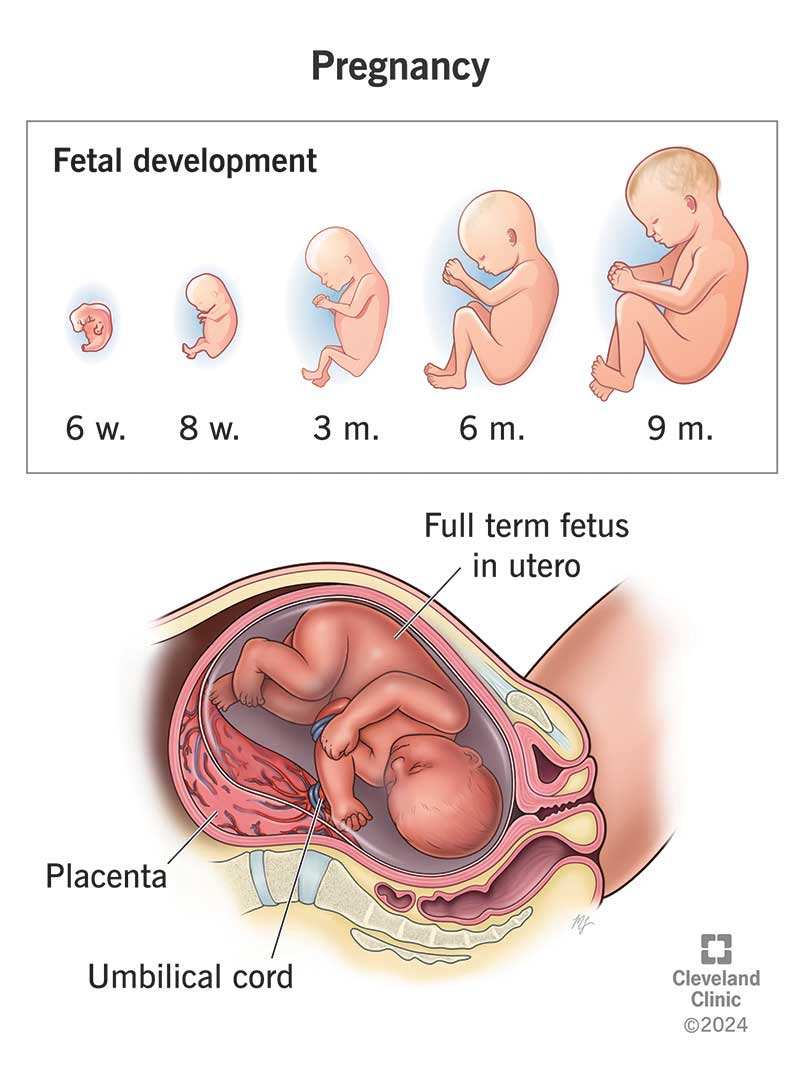Being 4 days late can indicate pregnancy, but other factors may also play a role.
Understanding Menstrual Cycles
Menstrual cycles can be a complex dance of hormones, emotions, and physical changes. Typically, a menstrual cycle lasts between 21 to 35 days, with an average of about 28 days. However, cycles can vary significantly among individuals. Stress, diet, exercise, and health conditions can all influence the regularity of menstruation. It’s not uncommon for someone to experience a late period occasionally due to these factors.
The menstrual cycle is divided into several phases: the menstrual phase, follicular phase, ovulation, and luteal phase. Each phase plays a crucial role in preparing the body for potential pregnancy. The luteal phase follows ovulation and typically lasts around 14 days. If fertilization does not occur during this time, hormone levels drop, leading to menstruation. However, if fertilization does occur, the body begins to produce human chorionic gonadotropin (hCG), which prevents menstruation from starting.
What Does It Mean to Be Late?
A late period can trigger a whirlwind of emotions and questions. For many women, being late is often the first sign that they might be pregnant. A delay of just a few days can feel significant when one is actively trying to conceive or even when they’re not expecting it.
Several reasons could lead to a missed or late period aside from pregnancy. Stress is one of the most common culprits; it can disrupt hormonal balance and delay ovulation. Changes in weight—whether significant loss or gain—can also affect menstrual regularity. Health issues like polycystic ovary syndrome (PCOS) or thyroid disorders may contribute to irregular cycles as well.
Moreover, lifestyle choices such as rigorous exercise routines or dietary changes can impact menstruation. Women who engage in intense physical training may experience amenorrhea (the absence of menstruation) due to low body fat percentages or energy deficits.
Pregnancy Signs Beyond a Missed Period
While being 4 days late might prompt thoughts about pregnancy, it’s important to recognize other signs that could confirm this possibility. Early pregnancy symptoms often emerge within a week after conception and can include:
1. Nausea: Often referred to as morning sickness, it can occur at any time of day.
2. Breast Changes: Tenderness or swelling in the breasts is common as hormonal changes take effect.
3. Fatigue: Increased tiredness is frequently reported in early pregnancy due to rising hormone levels.
4. Frequent Urination: As the uterus expands and hormonal changes occur, many women notice increased urination.
5. Food Cravings or Aversions: Changes in taste preferences are common during early pregnancy.
These symptoms aren’t exclusive to pregnancy; they can also stem from premenstrual syndrome (PMS) or other health conditions.
How Can You Confirm Pregnancy?
If there’s suspicion about being pregnant after noting a late period, confirming with a home pregnancy test is usually the next step. These tests detect hCG in urine and are generally reliable if taken after the missed period for accurate results.
For those eager for confirmation sooner than waiting for their period to be late, some sensitive tests claim accuracy even before missed periods—typically around five days prior—but results may vary.
If home tests yield positive results or if there’s uncertainty despite negative results but continued symptoms persist, consulting with a healthcare professional becomes essential for further testing and guidance.
Types of Pregnancy Tests
There are two main types of pregnancy tests available:
| Type | Description | Timing |
|---|---|---|
| Urine Test | Home tests detect hCG in urine. | Best taken after a missed period. |
| Blood Test | Conducted at healthcare facilities; detects hCG levels. | Can confirm pregnancy earlier than urine tests. |
Blood tests are more sensitive than urine tests and provide quantitative results that indicate how far along someone might be.
The Emotional Rollercoaster of Late Periods
A late period often brings with it an emotional rollercoaster ride filled with anxiety and hope. For those trying to conceive, every day past the expected date heightens anticipation and excitement about potential motherhood. Conversely, for those who aren’t planning for a child at this time, feelings of anxiety might surface regarding unplanned pregnancies.
It’s essential to acknowledge these emotions as valid responses during this uncertain time. Keeping an open line of communication with partners or friends can help alleviate some stress associated with these feelings.
As time passes without menstruation while experiencing symptoms typical of early pregnancy—like nausea or breast tenderness—the tension often builds until clarity is achieved through testing or medical consultation.
The Importance of Tracking Your Cycle
Keeping track of menstrual cycles serves multiple purposes beyond anticipating potential pregnancies. Understanding one’s cycle helps identify patterns that may indicate health issues requiring attention.
Various apps and tools exist today that make cycle tracking easier than ever before; users can log periods, symptoms experienced throughout different phases of their cycle, mood changes, and more. This data becomes invaluable when discussing reproductive health with healthcare providers since it provides insights into personal patterns over time.
Cycle tracking empowers individuals by providing knowledge about their bodies while helping them make informed decisions regarding family planning options—whether that means trying to conceive or using contraceptive methods effectively.
Conclusion – Is 4 Days Late Could I Be Pregnant?
The question “Is 4 Days Late Could I Be Pregnant?” resonates deeply with many women experiencing this situation firsthand. While being four days late certainly raises suspicions about potential pregnancy due to hormonal changes affecting menstrual cycles directly linked with conception events—other factors must also be considered before jumping straight into conclusions.
Recognizing personal patterns within one’s menstrual cycle alongside understanding possible reasons behind delays helps clarify situations surrounding missed periods effectively while ensuring emotional well-being remains intact throughout any uncertainties faced along this journey toward clarity regarding reproductive health matters ahead!
